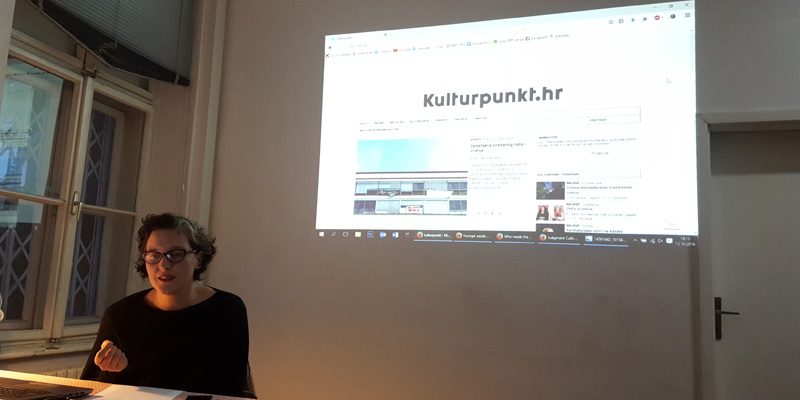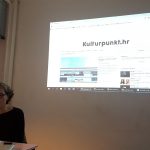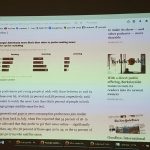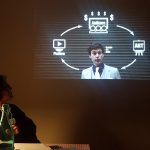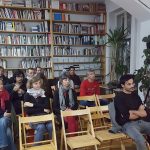Together with The Igor Zabel Association for Culture and Theory we cordially invite you to attend the public lecture by
Antonija Letinić: What Do We Talk About When We Talk About Criticism?
Thursday, 13 October 2016, 6 pm
Project Room, SCCA–Ljubljana, Metelkova 6, Ljubljana
This autumn we will continue with How Critical Is the Condition of Critical Writing?, a reflection on the current role and status of criticism in visual arts and culture conceived last year, with a new series of lectures.
About the lecture
“In this lecture I will reflect upon changes in art criticism in the context of media transformation, including technological changes, as well as through interrelation with changes in art production. Traditional media have been changing the way they produce media content: we have seen PR replacing journalistic work, the dissolution of the news room, the disappearance of various journalistic forms (reportage, research journalism, criticism), and on the other hand the blurring of the borders between forms (criticism – report – review). These changes include the technology through which the content is presented and distributed as well as transformation of news production into a commodity. In the lecture I will also deal with the relation between critical art and art criticism in this aspect of the interdisciplinarity of art and where these forms clash and interfere.”
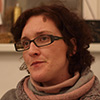 Antonija Letinić is Editor-in-chief of the Internet publication Kulturpunkt.hr (based in Zagreb) and is in charge of other projects run by the organisation Kurziv – Platform for Matters of Culture, Media and Society – such as the educational programme Kulturpunkt’s Journalistic School ‘World of Art’ and programme Criticism – Past, Present, Future. She is one of the founders of the organisation Nemeze – an Association for the Development of Non-Profit Media as well as a member and a president of the organisation Kurziv that runs Kulturpunkt.hr.
Antonija Letinić is Editor-in-chief of the Internet publication Kulturpunkt.hr (based in Zagreb) and is in charge of other projects run by the organisation Kurziv – Platform for Matters of Culture, Media and Society – such as the educational programme Kulturpunkt’s Journalistic School ‘World of Art’ and programme Criticism – Past, Present, Future. She is one of the founders of the organisation Nemeze – an Association for the Development of Non-Profit Media as well as a member and a president of the organisation Kurziv that runs Kulturpunkt.hr.
Photo: SCCA-Ljubljana archive
This programme is being part of the World of Art, School for Curators and Critics of Contemporary Art; and prepared by SCCA–Ljubljana & the Igor Zabel Association for Culture and Theory.


Supported by: City of Ljubljana – Department for Culture, ERSTE Foundation, and Goethe-Institut Ljubljana.


![]()
